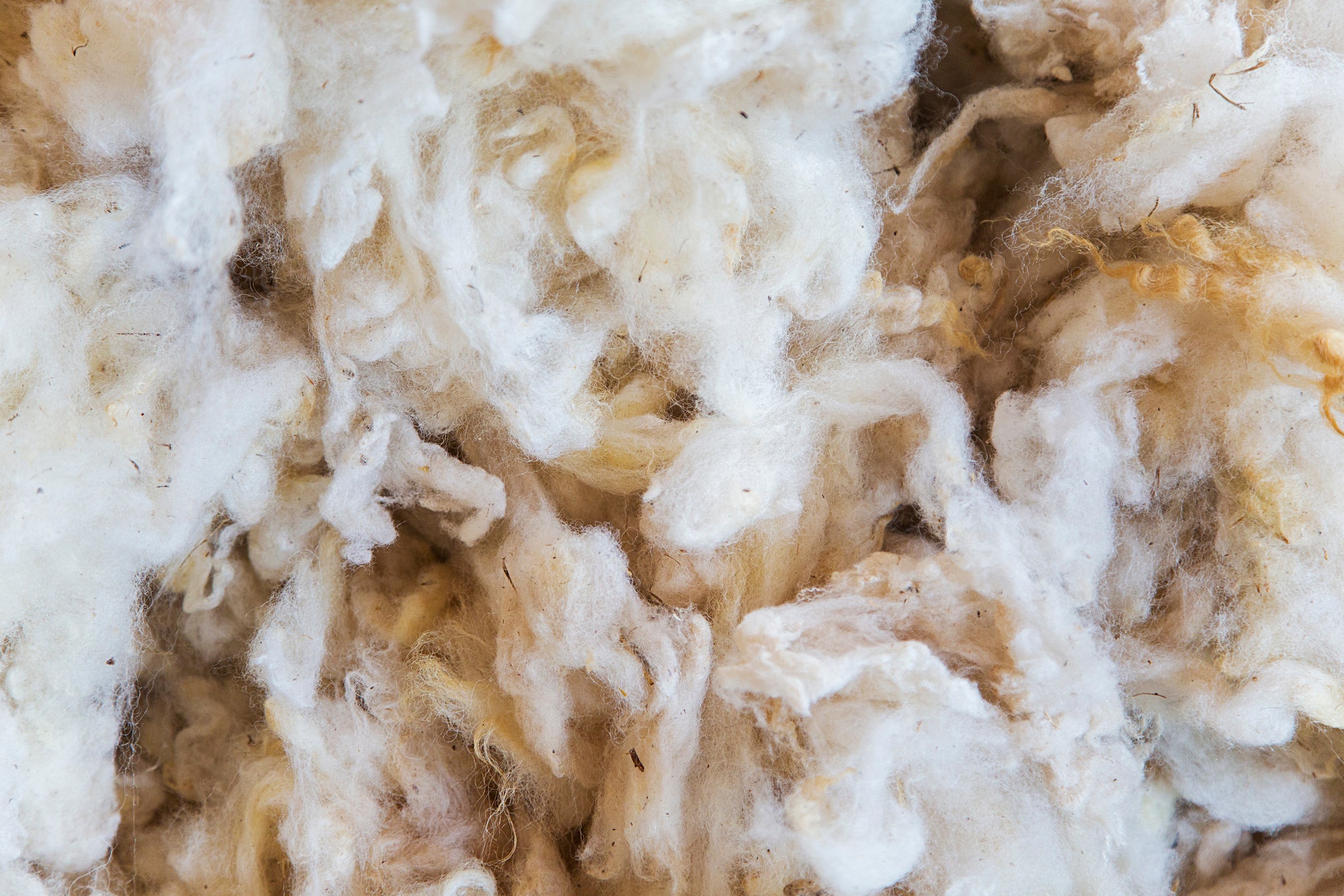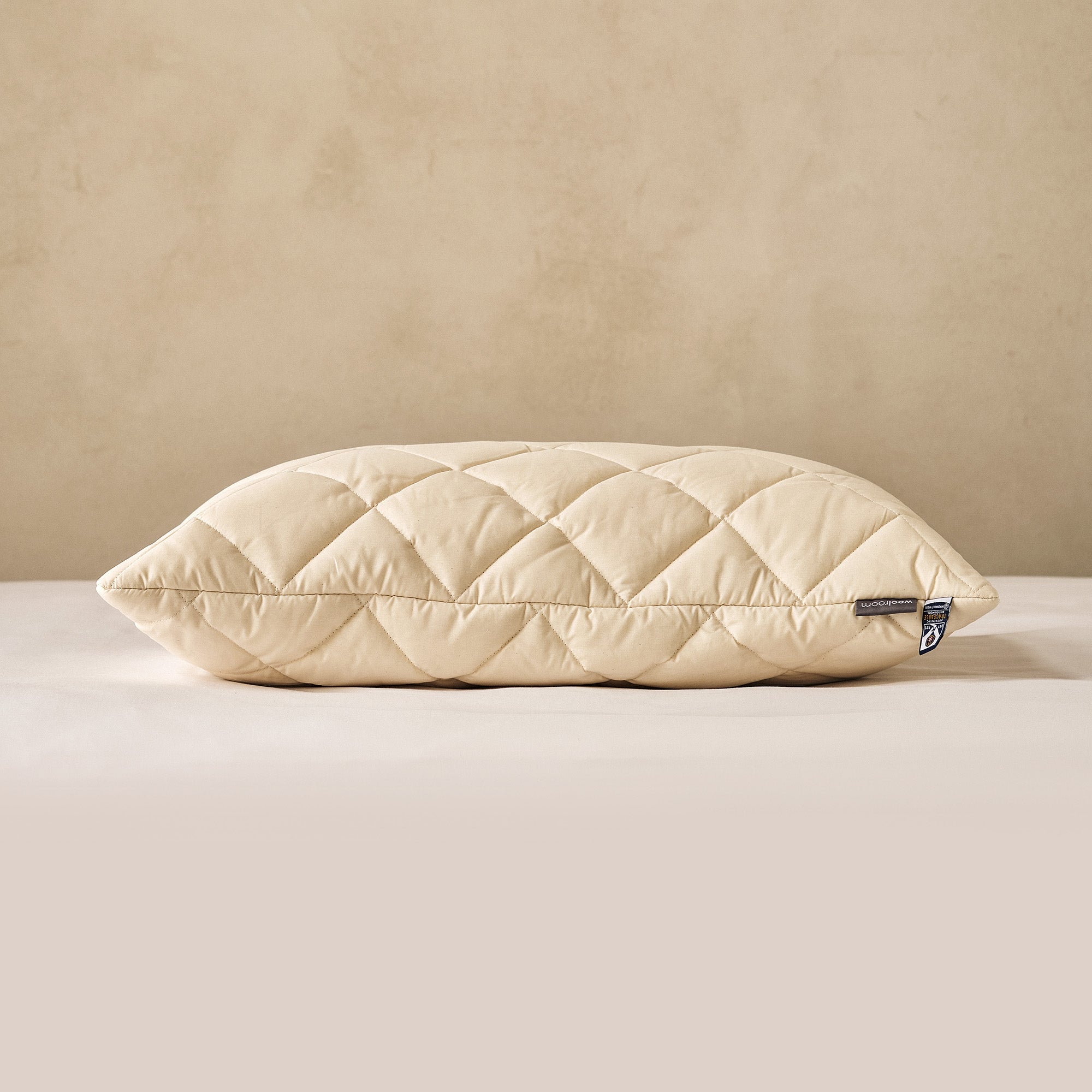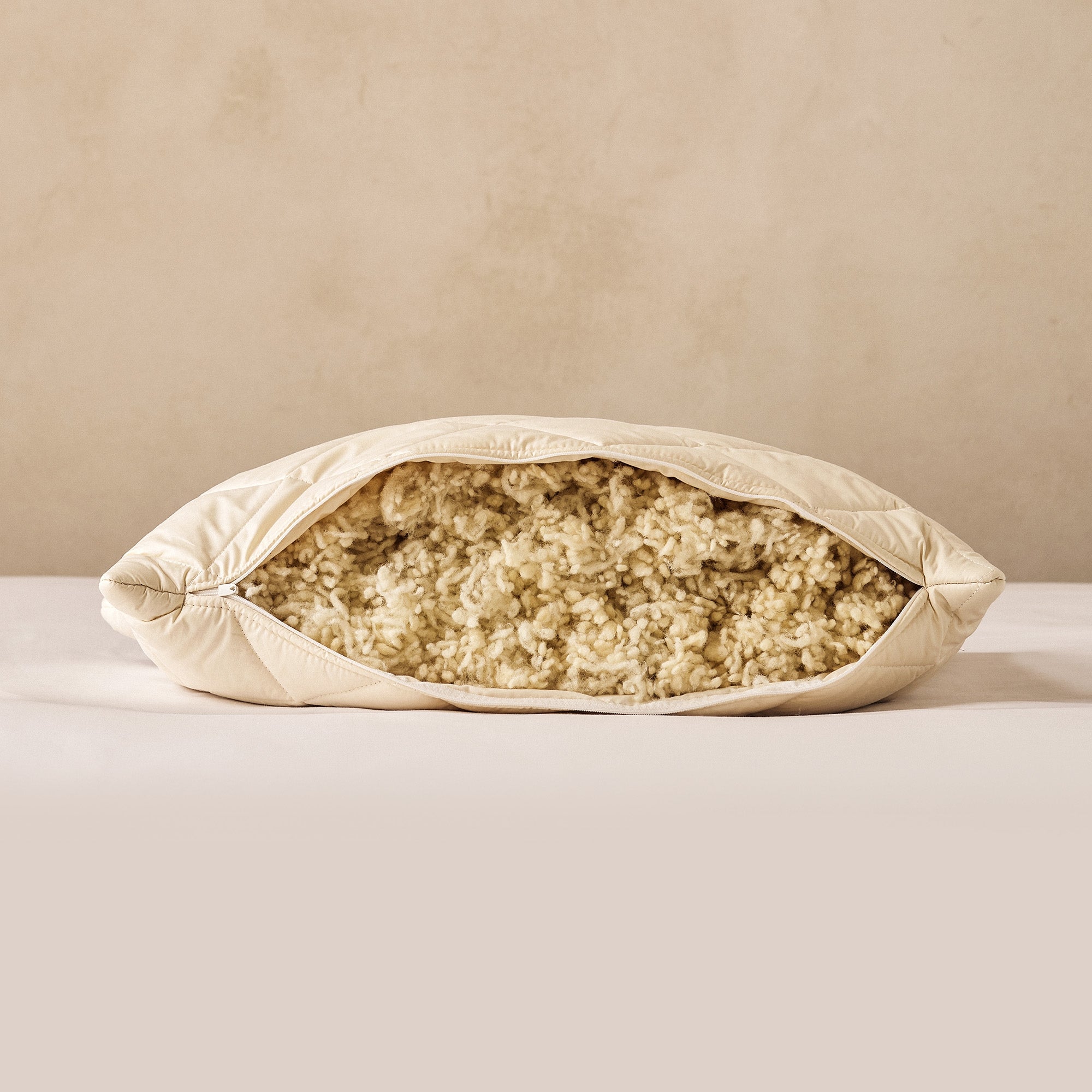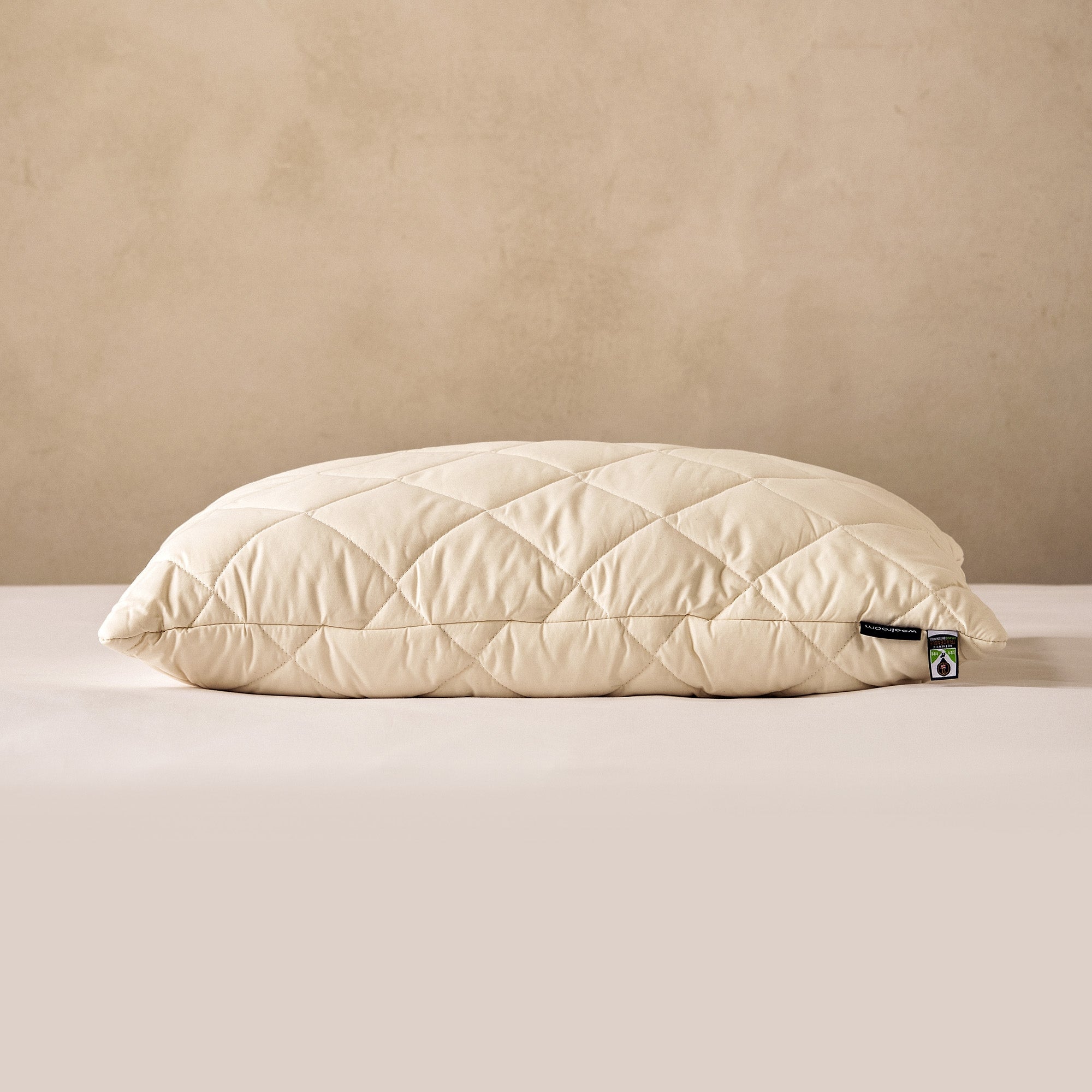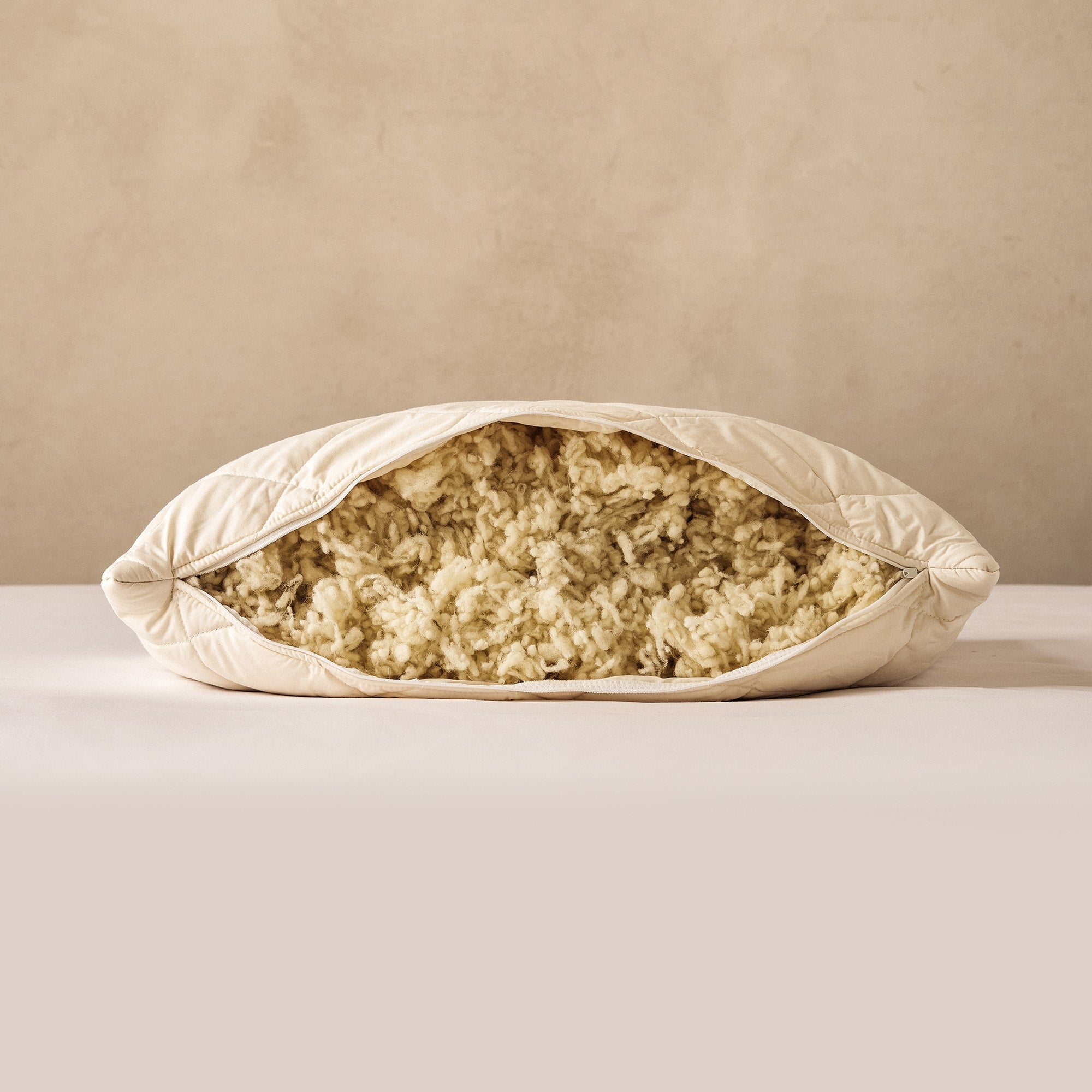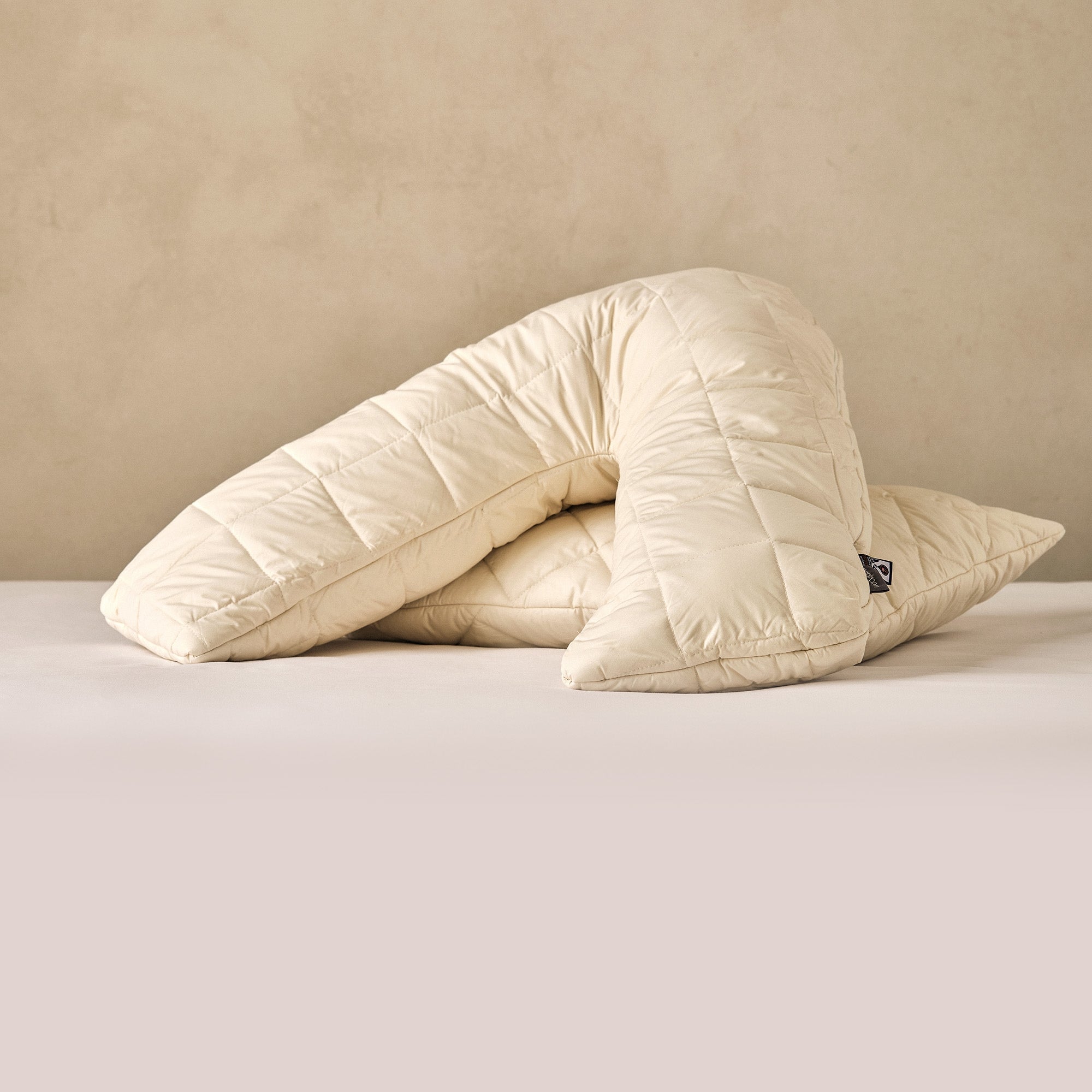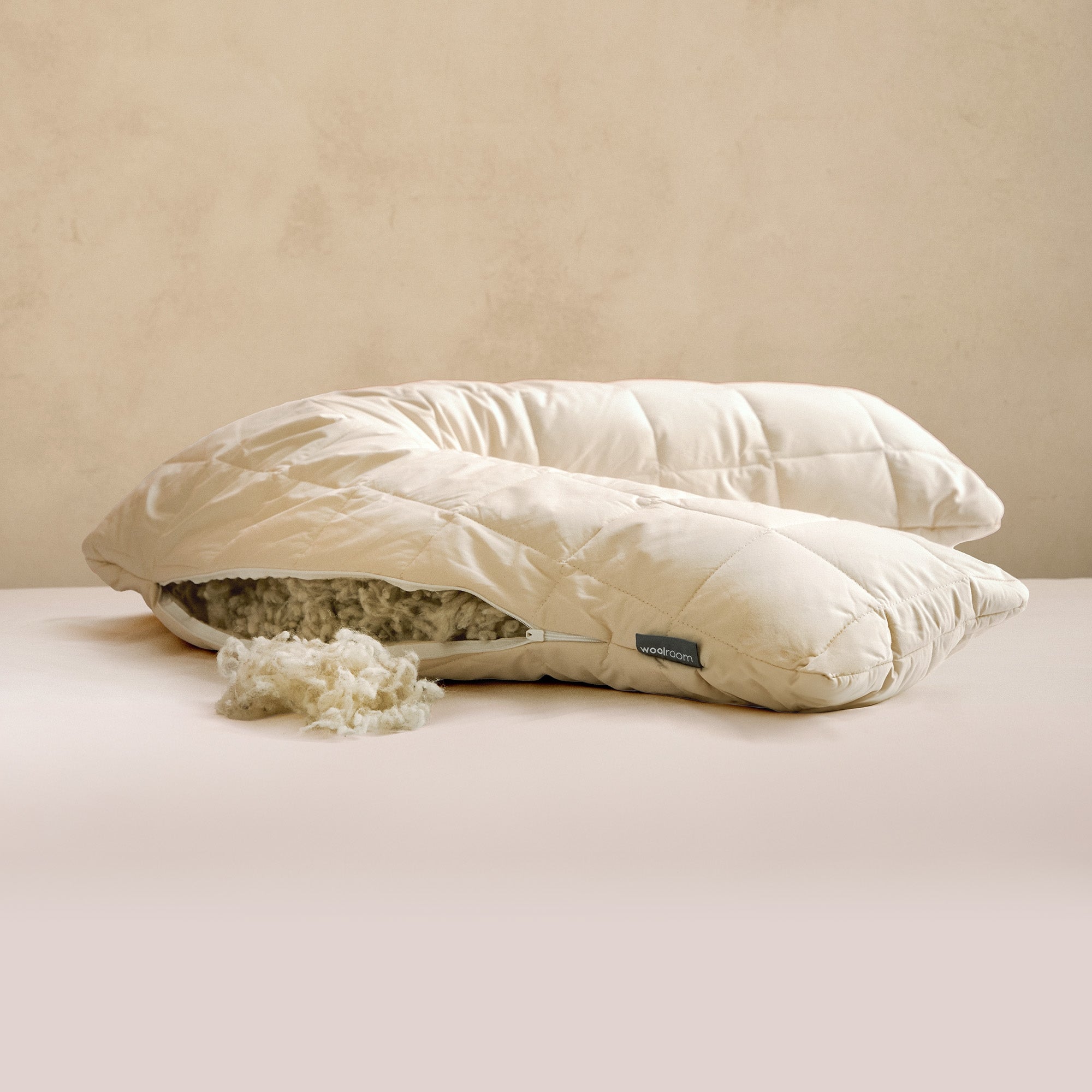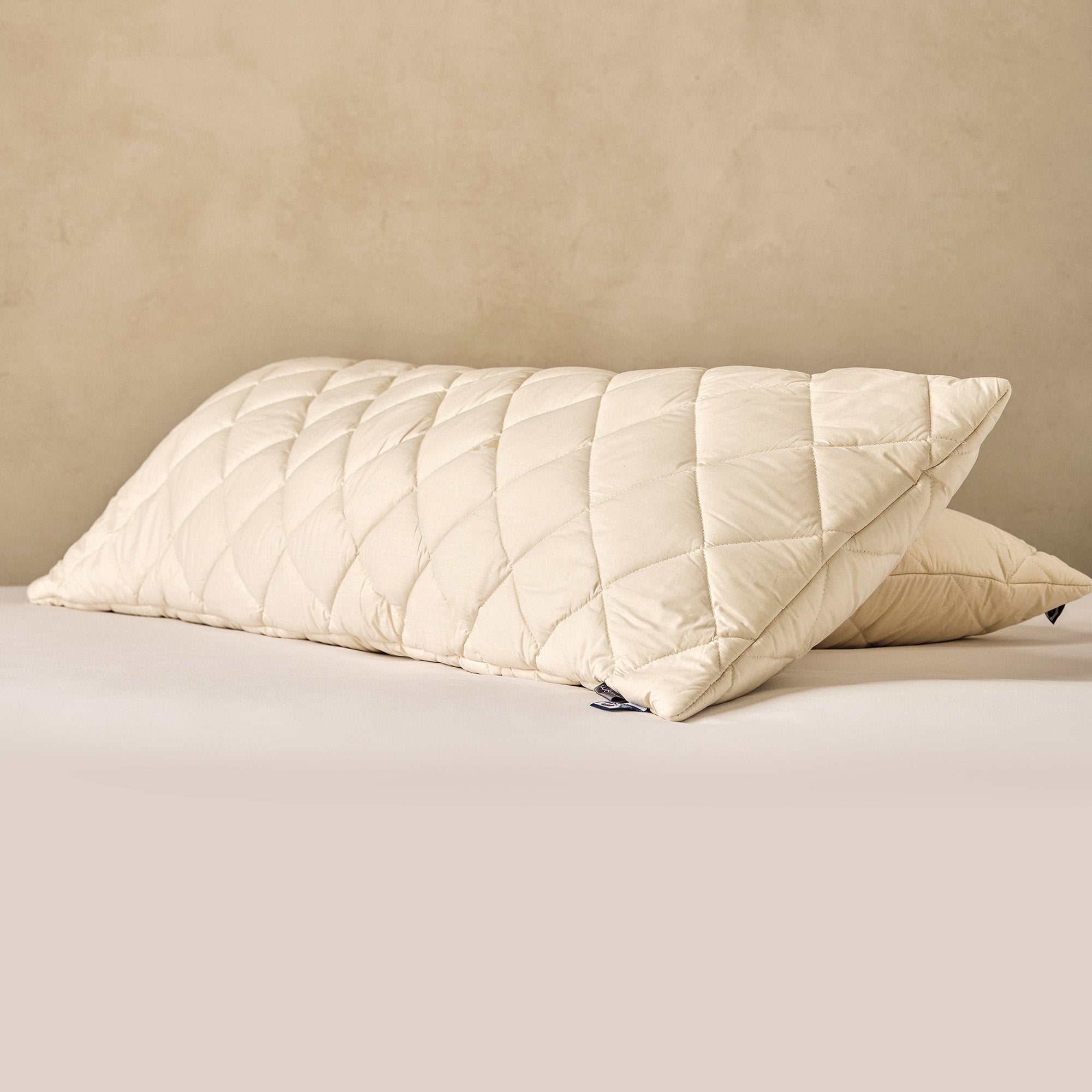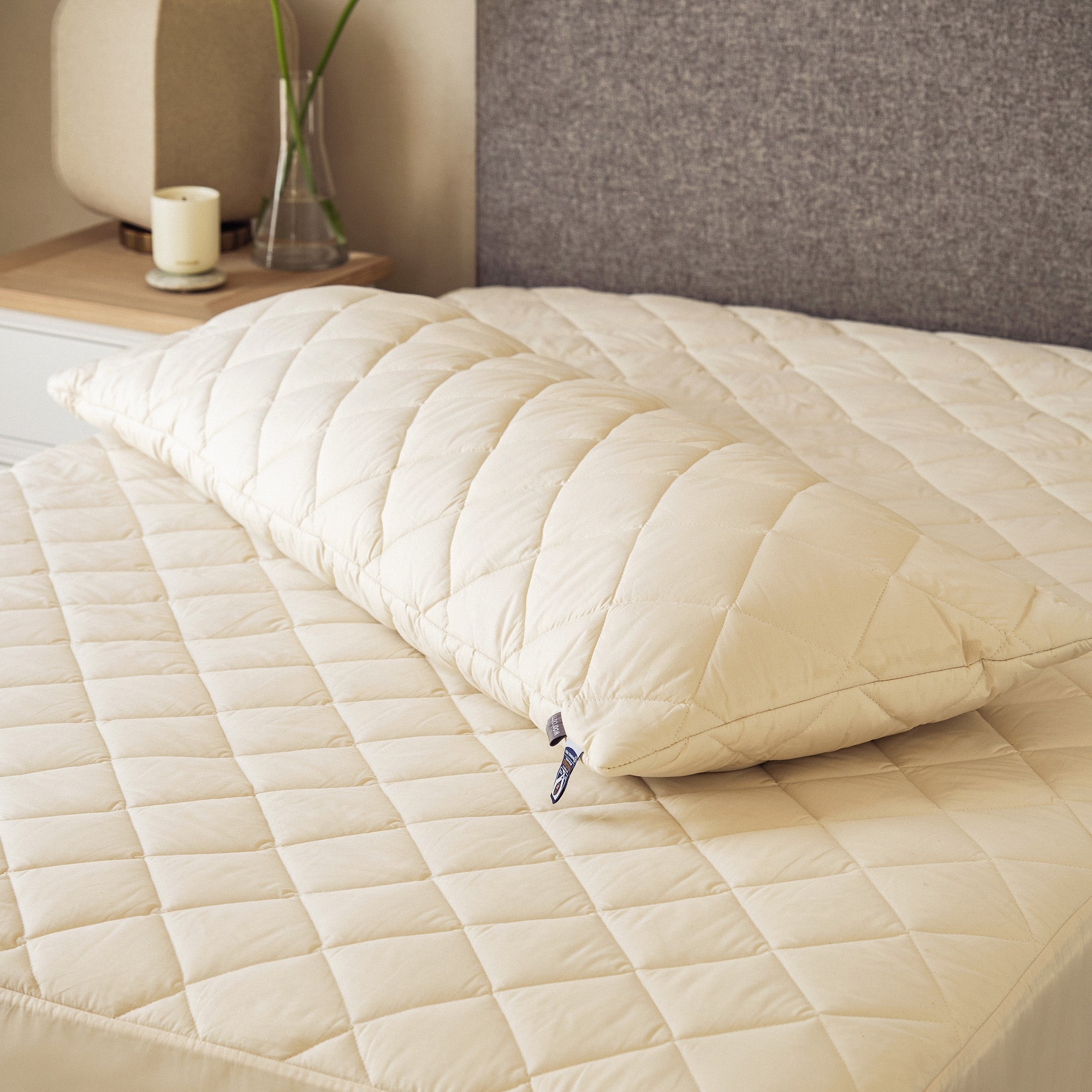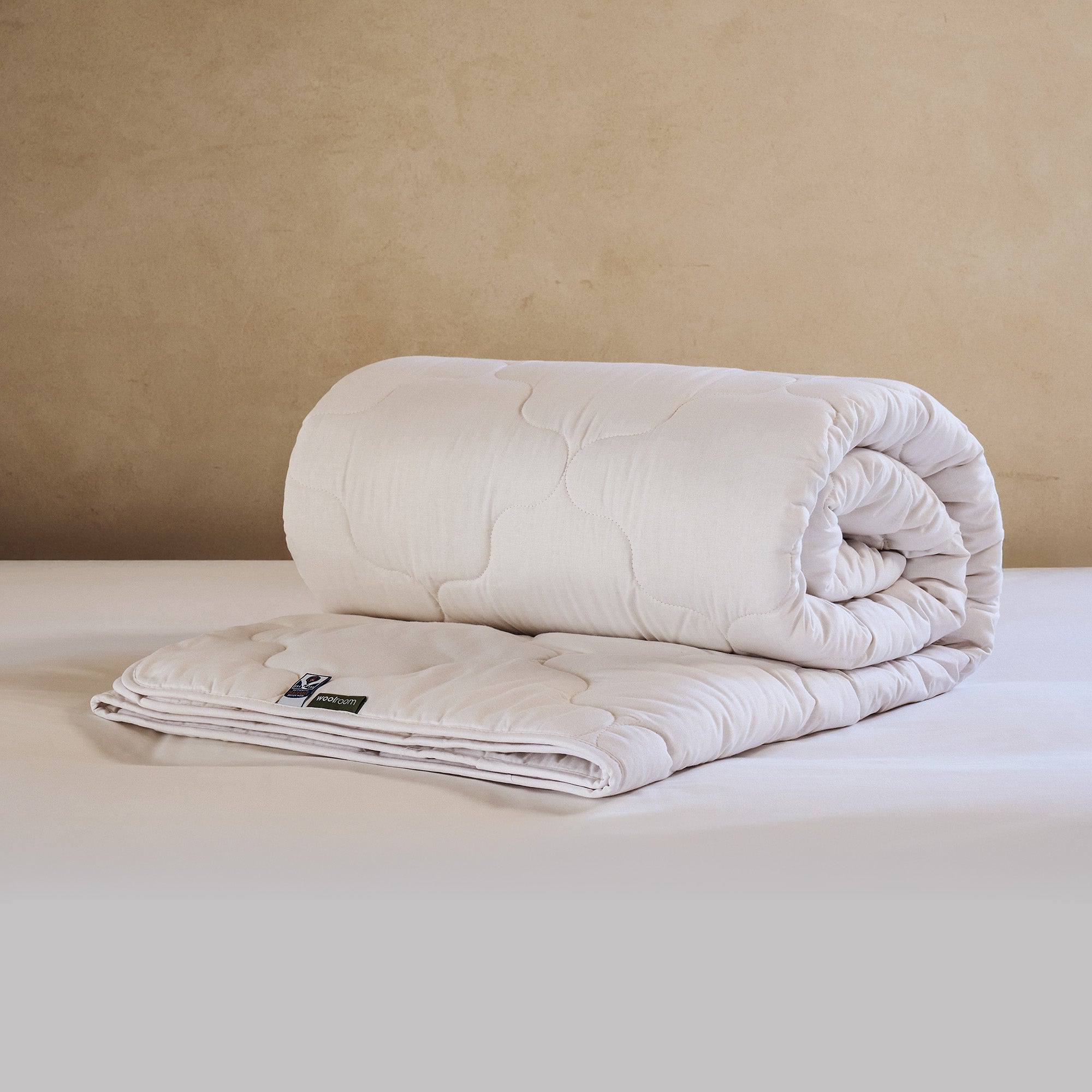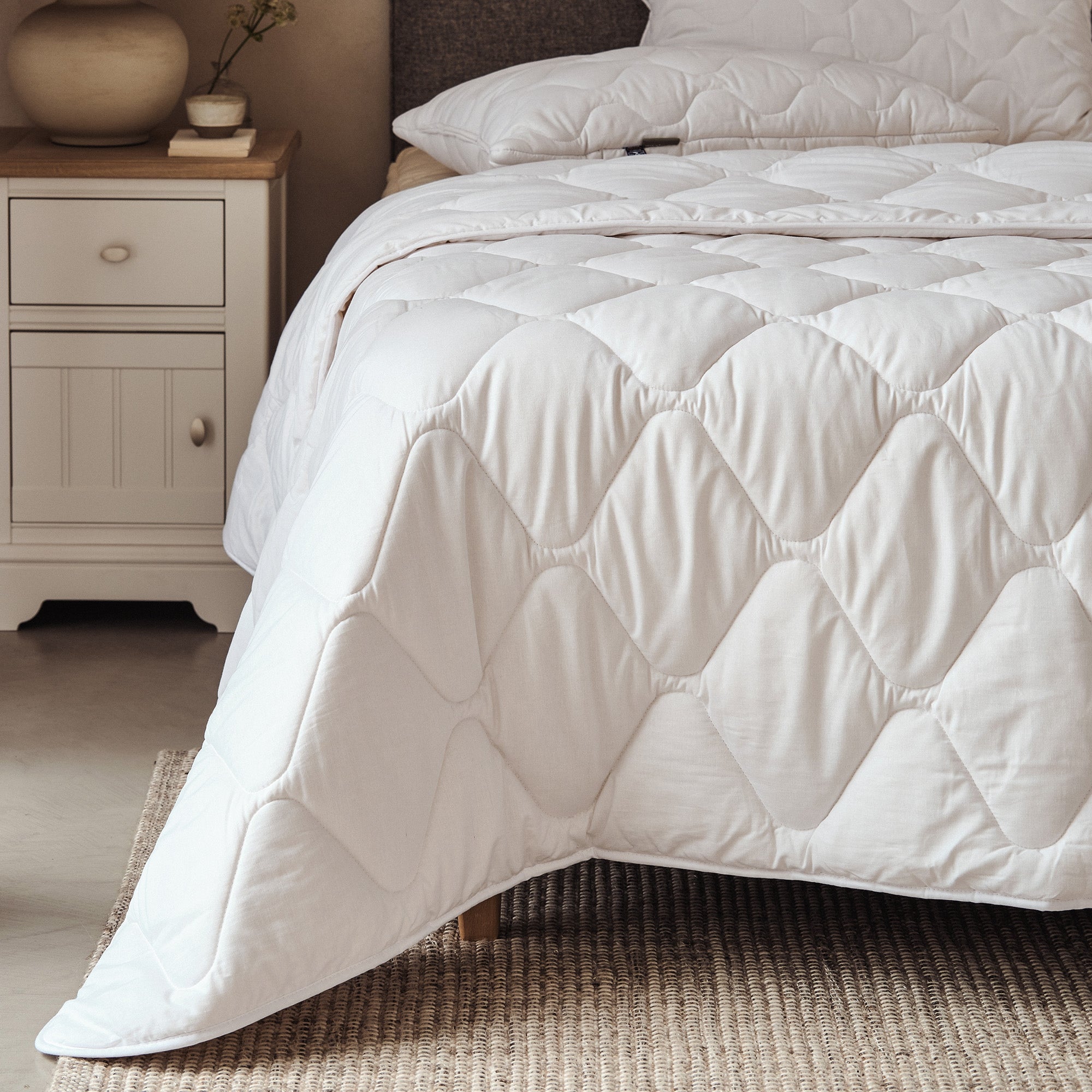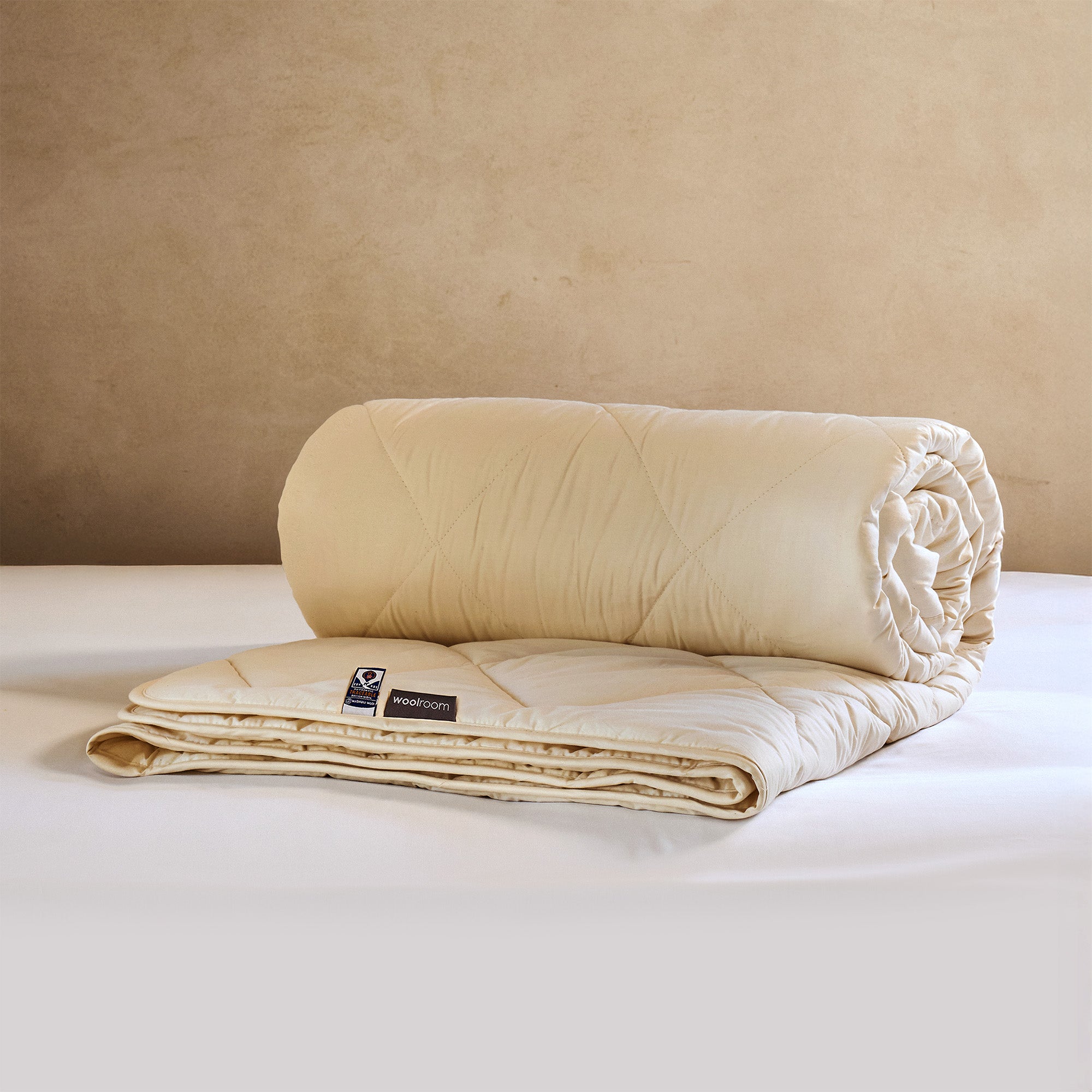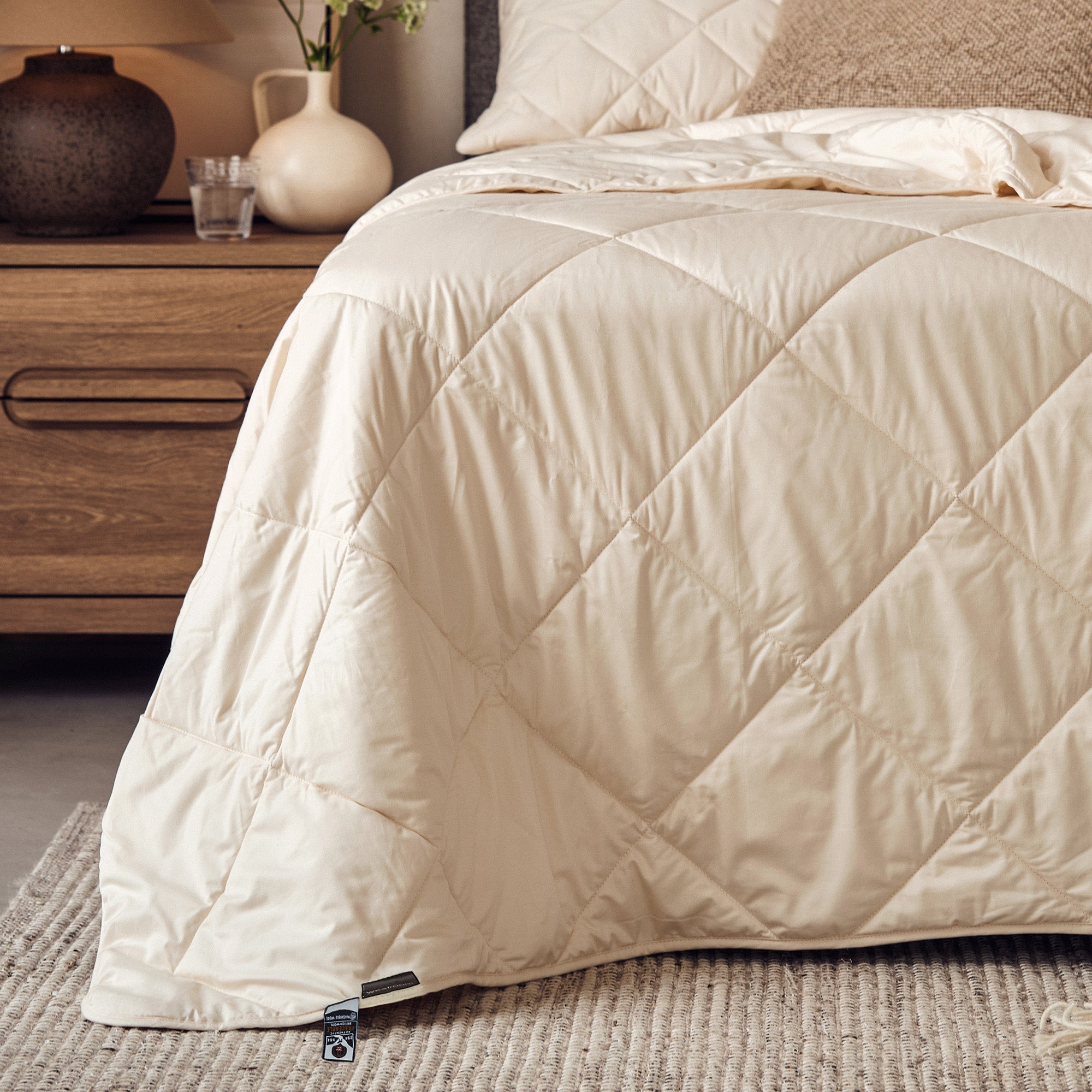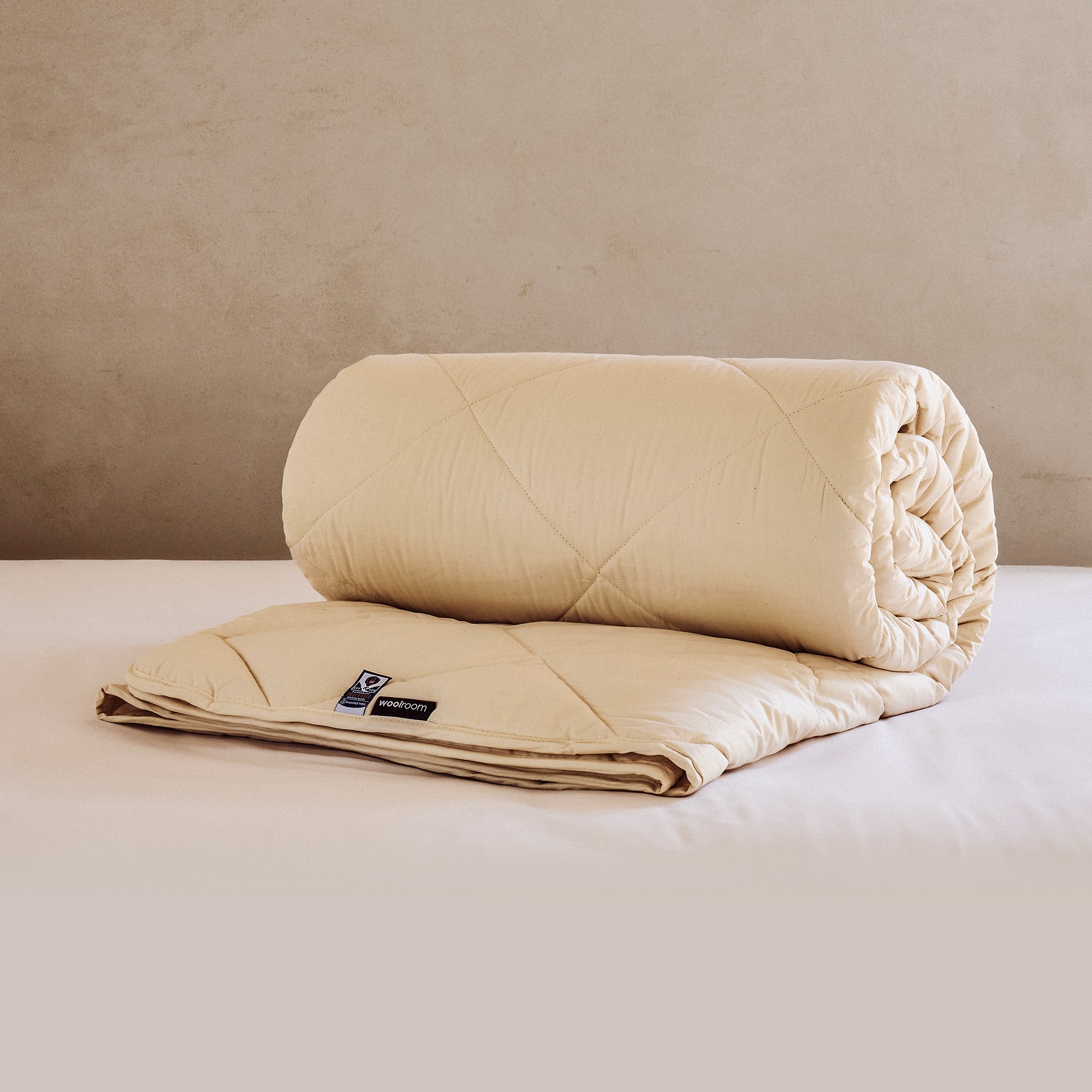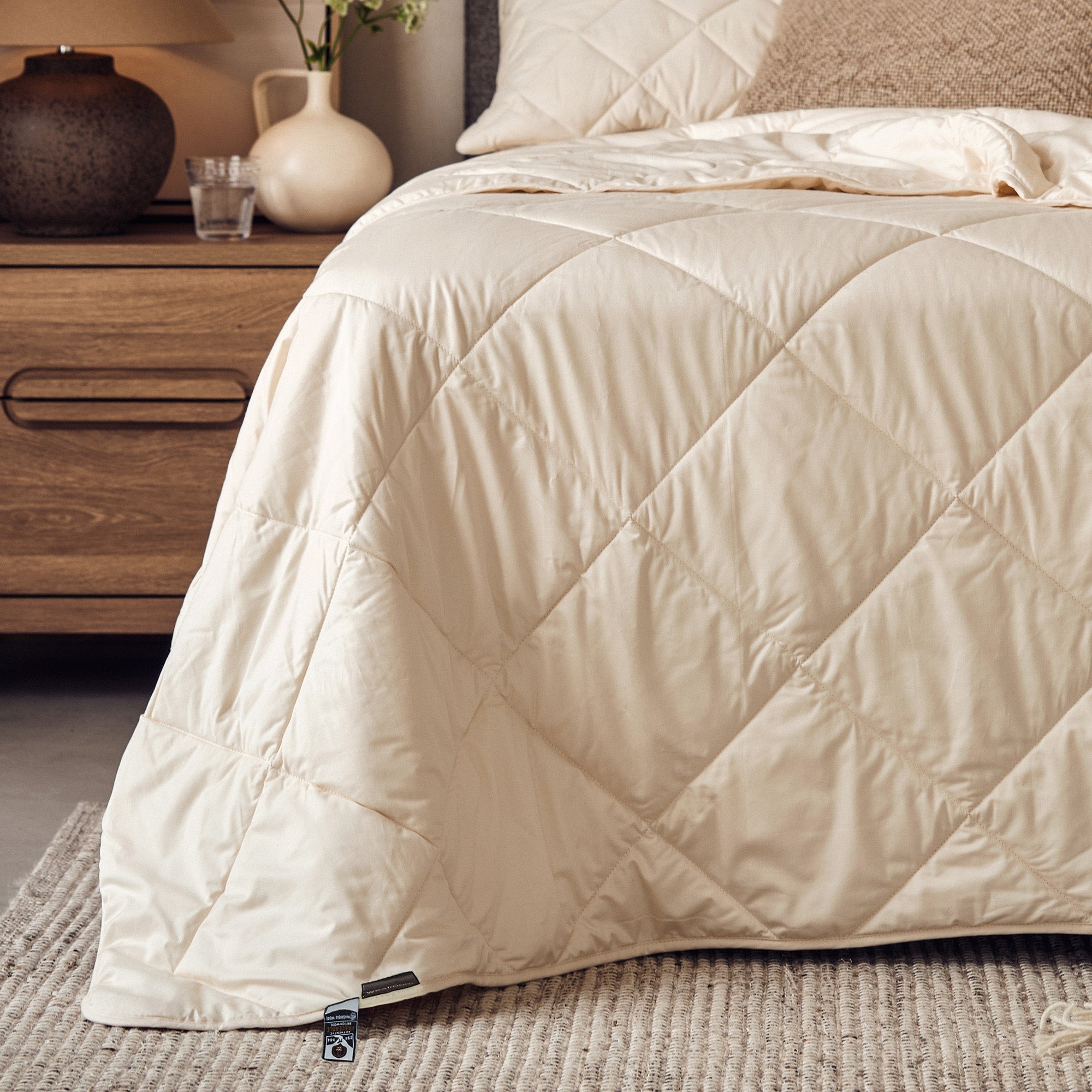Ever find yourself asking, “why does my skin itch at night?”? Usually out of frustration, this is a thought shared by many. If itching in bed at night is keeping you awake, we’ll help you to understand why that might be, and how you can stop it.
Allergies such as eczema are often worse at night for a number of different reasons. To help you understand why you might be experiencing more night-time itching, we’ve put together this guide to help you learn more about the causes of itching at night and, most importantly of all, how to get some relief for better sleep!
The Main Causes Of Skin Itching At Night
There are several different factors that can increase the intensity of skin itching at night. These include:
- Being too warm in bed: leaving the heating on, using a memory foam mattress and sleeping under synthetic bedding can all contribute to making your body overheat while you sleep. This in turn further irritates eczema, resulting in body itching at night and forcing you to stay awake.
- Dust mite allergens: while there are many different allergens that can cause eczema, from pet hair to pollen, one of the most common triggers is dust mites. If you frequently find your eczema symptoms are worse at night, then dust mite allergens may well be the cause. This is because most bedding provides the ideal environment for dust mites to thrive in – one that’s warm and moist – exposing you to increased allergens while you sleep.
- Less distractions: children in particular can become more aware of their skin itching at night, simply because they have fewer distractions to keep them occupied.
Other Causes Of Skin Itching At Night
While eczema is often the cause of your body itching at night, there are a number of other conditions that can trigger similar symptoms too. These include short-term conditions such as sunburn, prickly heat and ringworm, as well as longer term conditions related to the kidneys, liver or thyroid. Both pregnancy and the menopause are also causes of itching at night. If you have not already been diagnosed with eczema, you should speak with your doctor about your night-time itching symptoms to rule out any other causes.
How To Stop Eczema Itching At Night
Looking for ways to stop eczema itching at night? Here are a few tips to try:

Reduce Allergens In Your Bedroom
If you think that dust mite allergens might the cause of your skin itching at night, there are several steps you can take to keep them out of your bedroom. If you have pets, it’s also a good idea to keep them out of bedrooms at all times too. This will reduce the amount of pet hair that makes its way into your sleeping environment.
Create A Cool Sleeping Environment
Avoid overheating at night by making a few changes to your bedroom. Some effective ways to keep cool while you sleep include;
- Turn the central heating down or off: and keep a window open (unless pollen is trigger for you) or a fan running to manage air temperatures.
- Choose pyjamas in natural materials: this is a great natural remedy for night-time itching. Swap polyester sleepwear for cotton or silk alternatives that will help you stay cooler throughout the night.
- Swap your memory foam mattress for a heat-regulating alternative: natural fibres are more effective for keeping cool and deterring allergens.
- Keep your emollient cream to hand: it won’t make your bedroom cooler, but it will help to quickly cool and soothe night-time itching if you do wake.
- Replace synthetic carpets with pure wool or hardwood flooring.
- Swap synthetic bedding for wool-filled alternatives, as dust mites can’t live in the dry, cool environment created by a wool-filled duvet, pillows and mattress protector.
- Keep feather/down or synthetic-filled cushions out of the bedroom, or replace them with wool-filled versions.

So Why Wool?
Wool bedding also helps with moisture management to keep the skin dry, preventing the growth of bacteria that can lead to further itching and discomfort. By choosing wool bedding,you can create a healthier sleep environment and wake up feeling refreshed and itch-free.
Seek Advice From Your Physician
If you’re still wondering “why does my skin itch at night?”, or you suspect that you have eczema but have not been diagnosed, seek advice from your doctor. They’ll be able to offer advice on any further treatments or lifestyle changes you can try, as well as helping you to rule out any other causes of your skin condition.
Now you know how to stop itching at night, you can finally get some good quality shut-eye!
Looking for more information on tackling night-time allergies or other sleep problems? Discover tips in our Sleep Health & Advice Hub.
